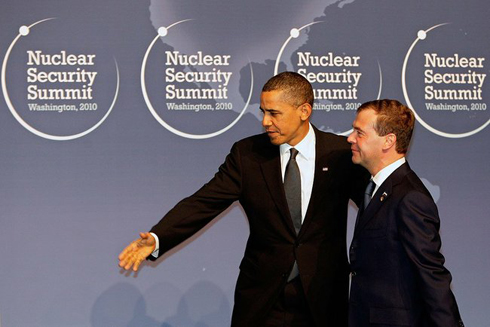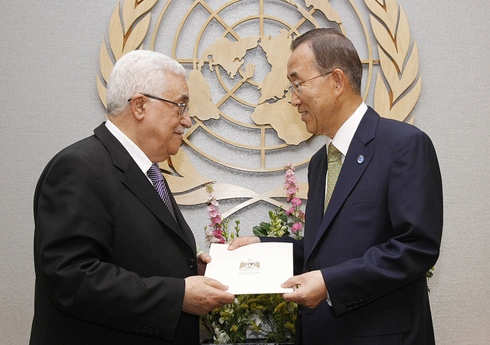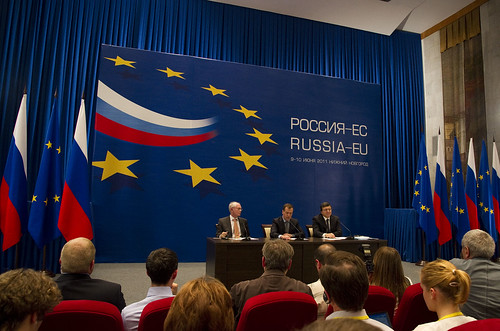
At a recent international conference on nonproliferation and disarmament, a colleague asked, somewhat irreverently (but not irrelevantly), “Now that Obama has been re-elected, will he finally earn his Nobel Prize?” It’s a fair question.
Hopes were high within the international disarmament community after President Obama’s 2009 Prague speech when he pledged to move toward a nuclear weapons-free world. But those who cheered the loudest then are among the most disappointed now, frustrated over the slow progress toward this goal.
To be fair, there were a few other challenges on his plate: an economy and financial system in disarray; two messy, unfinished wars in Afghanistan and Iraq; the United States’ international authority at a record low; an increasingly polarized and politicized domestic scene; other pressing priorities (universal health care being not the least); and more.


